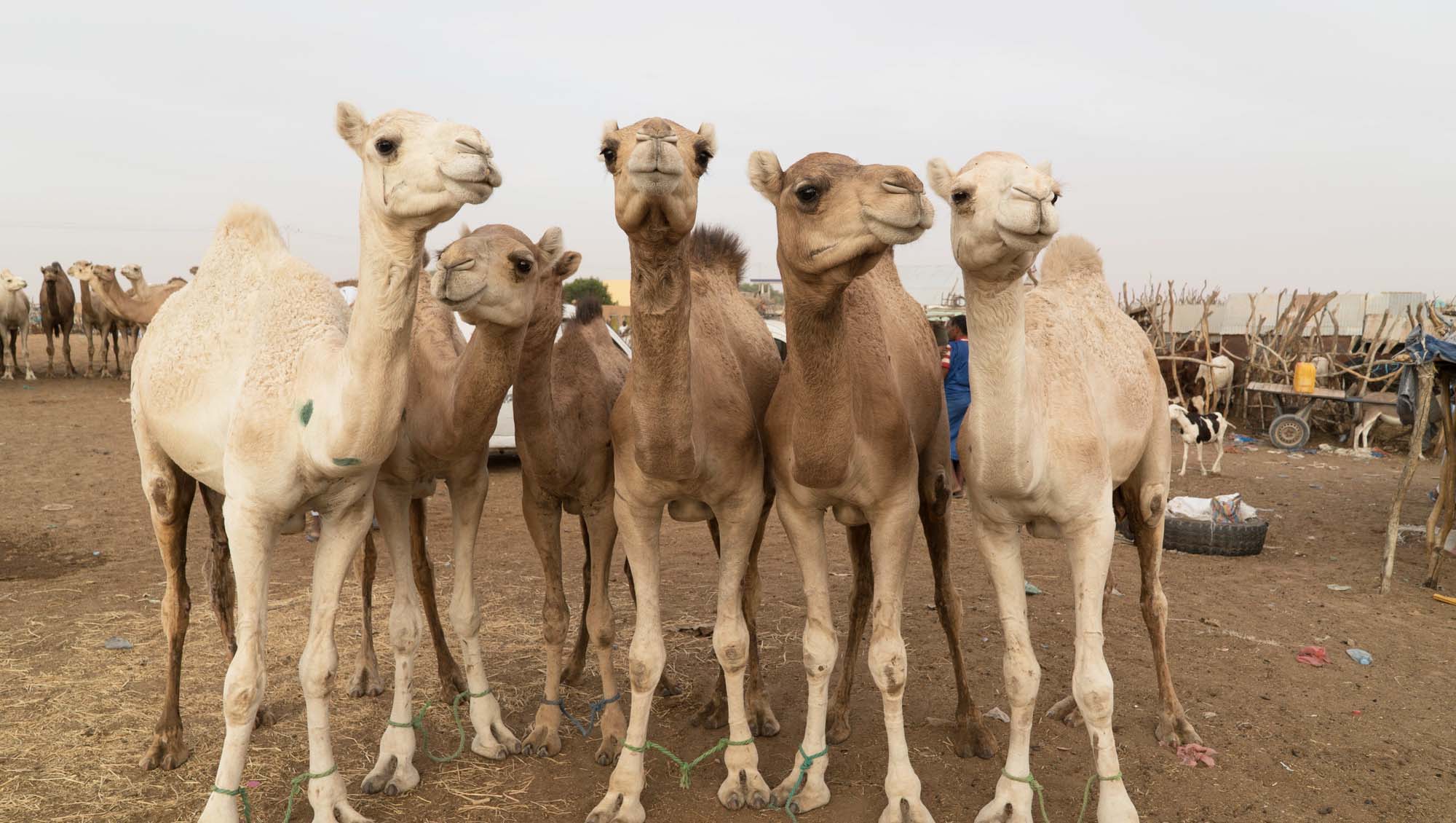Somalia battles mysterious animal disease, a threat to livestock and human health

Somalia is grappling with a mysterious animal disease that is also affecting humans. Herdsmen in Mudug, Eyn, and various local government areas report that their animals, particularly camels, are succumbing to the illness.
Somalia is grappling with a mysterious animal disease that is also affecting humans. Herdsmen in Mudug, Eyn, and various local government areas report that their animals, particularly camels, are succumbing to the illness. Jama Ali Saeed from the Dollo region shared that within 12 hours, two camels died, and the death toll has been increasing. Abdimajid Abdiweli Diirshe, an animal treatment and surgery doctor in Galkayo Town, noted that this recurring disease tends to emerge during the rainy season or floods.
Dr. Abdiwali identified the cause as hyperthermia bacteria, stating that it had previously affected animals during floods. The ongoing El Nino floods in Somalia have exacerbated the situation, leading to warnings of potential disease outbreaks. Puntland's Ministry of Health is aware of the disease and is actively working to treat affected animals. Minister Mohamed Abdullahi indicated that the disease spreads quickly, with animals experiencing severe, short-lived fever before succumbing.
More To Read
- AfDB grants full debt relief to Somalia after decades of economic turmoil
- Trump faces rising backlash over remarks targeting Somali immigrants
- Somalia welcomes first group of Sudanese students under new scholarship programme
- Mogadishu’s Hamarweyne market shut for third day amid tax dispute
- How to make sweet and savoury plantains at home
- Somalia on high alert as Marburg virus outbreak hits neighbouring Ethiopia
According to Jama Ali Saeed, infected camels exhibit intense fever, ceasing to graze and eventually dying within minutes. Dr. Abdimajid highlighted the disease's rapid transmission, especially in areas where animals share pastures or camps. The concern is the potential for further spread. Some individuals who consumed meat from infected animals reported illness, including diarrhea and vomiting.
While the exact number of affected animals remains uncertain, Jama Ali estimated that over a hundred animals in his area alone have succumbed to the disease. Dr. Abdimajid receives numerous distress calls seeking treatment for the ailing animals, indicating the urgency of the situation.
Top Stories Today












































